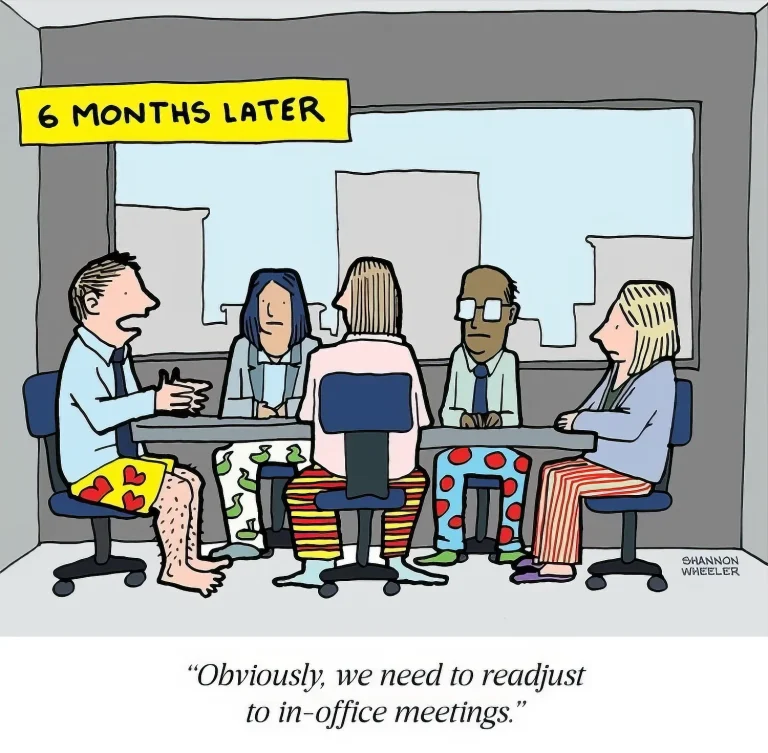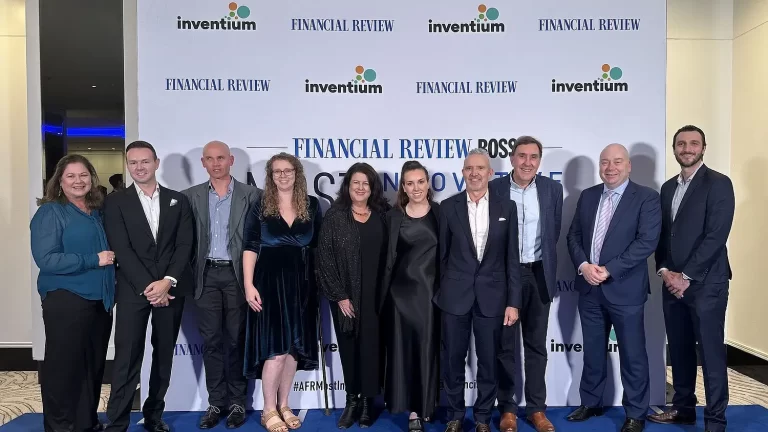As we approach the new financial year in Australia, CFOs have a pivotal role in shaping their organisations’ economic health. The past year has presented numerous challenges, making strategic commercial and economic decisions essential for long-term success. One area where CFOs can make a significant impact is in their approach to tenancy. Being a clever tenant involves strategic foresight and understanding market dynamics.
The Australian commercial real estate market has evolved significantly, especially with the rise of remote work. CFOs must stay informed about these trends to make data-driven decisions. Utilising market research and trend analysis, CFOs can anticipate shifts in demand and supply, ensuring favourable lease agreements.
Flexibility is a valuable asset in today’s market. CFOs should explore options like short-term leases or co-working spaces, providing the agility needed to scale operations as required. Flexible leases often come with fewer financial commitments, allowing companies to allocate resources more efficiently.
Effective negotiation is crucial. CFOs should approach lease negotiations with a clear understanding of their organisation’s needs and current market conditions. This includes knowing potential incentives landlords may offer, such as rent-free periods or contributions towards fit-outs. Engaging in thorough due diligence and consulting real estate experts can provide the leverage needed for favourable terms.
Sustainability is increasingly important in commercial real estate. Buildings with high sustainability ratings often lead to lower operational costs and enhance the company’s corporate image. CFOs should prioritise properties with strong sustainability credentials and consider the long-term financial benefits.
Integrating technology in property management can lead to significant cost savings and efficiencies. Smart building technologies, such as energy management systems and automated maintenance schedules, can reduce overhead costs. CFOs should advocate for adopting such technologies to enhance tenancy value.
CFOs should also consider the long-term growth plans of their organisations when making tenancy decisions. Evaluating the scalability of potential spaces and the flexibility of lease agreements is crucial. Developing contingency plans to mitigate potential risks associated with tenancy, understanding lease termination clauses, and ensuring adequate insurance coverage are critical aspects of risk management.
Building strong relationships with landlords can lead to mutually beneficial outcomes. Open communication and a collaborative approach can result in more favourable lease terms and smoother negotiation processes. CFOs should view landlords as partners in the tenancy equation.
As the new financial year unfolds, Australian CFOs face exciting opportunities to make sound commercial and economic decisions. By adopting a strategic, informed, and flexible approach to tenancy, CFOs can position their organisations for sustainable growth and resilience. Being a clever tenant involves more than just securing the lowest rent; it requires a comprehensive strategy that aligns with the organisation’s long-term goals and the evolving market landscape.



